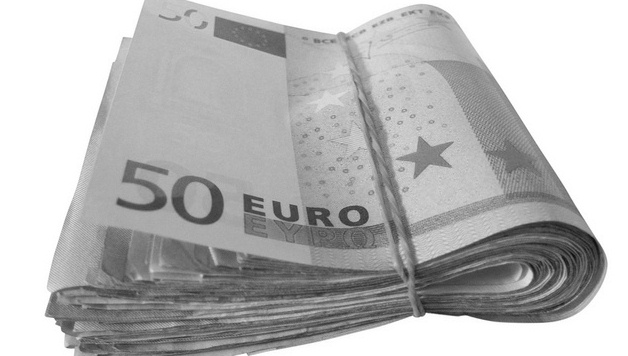Last week, the US Department of Justice (DoJ) and the European Commission (EC) both gave Microsoft the go-ahead to buy Nokia’s handset and services business, and cleared a patent licensing agreement between the companies.
The €5.44 billion (approximately A$8.15 billion) deal was announced in September 2013 and comprises €3.79 billion (approximately A$5.68 billion) for the handsets and services business, as well as €1.65 billion (approximately A$2.47 billion) for a licence to Nokia’s expansive portfolio of approximately 30,000 utility patents for wireless and smartphone technology. Nokia will retain its network infrastructure, mapping and technology development and licensing businesses.
Despite there being speculation by observers in the US that the patent licensing agreement could potentially raise competition issues, the DoJ did not issue a second request for information during its review and cleared the vertical deal without imposing any conditions. The speculative concern was that the licensing agreement could potentially establish a baseline price for Nokia’s standard-essential patents that would also have to be licensed to makers of Android phones, which are Microsoft’s primary competition.
Similarly, the EC cleared the deal with no conditions as it was satisfied that the transaction would not raise concerns, in particular because of minimal horizontal overlaps, and the vertical impact was unlikely to result in competitors being foreclosed from the market.
The combination of Microsoft’s software engineering with Nokia’s product engineering and design should prove to be a good recipe for achieving Microsoft’s stated aim of accelerated growth in the smartphone and mobile device market, enabling it to better compete against rivals Apple and Samsung Electronics.
Transactions of this nature between smartphone manufacturers and software developers have not been uncommon in recent years as demonstrated by Google’s acquisition of Motorola Mobility in May 2012 (approximately US$12.5 billion). That acquisition did raise patent licensing concerns with antitrust regulators but was nevertheless cleared and was implemented.
In terms of Microsoft’s acquisitions, this deal is its second biggest, behind its acquisition of Skype in 2011.
The deal, which requires regulatory approvals in multiple jurisdictions, has also been cleared in India, Israel, Russia and Turkey and is anticipated to close in early 2014.
Photo credit: http://www.flickr.com/photos/fsse-info/with/3032326505/








